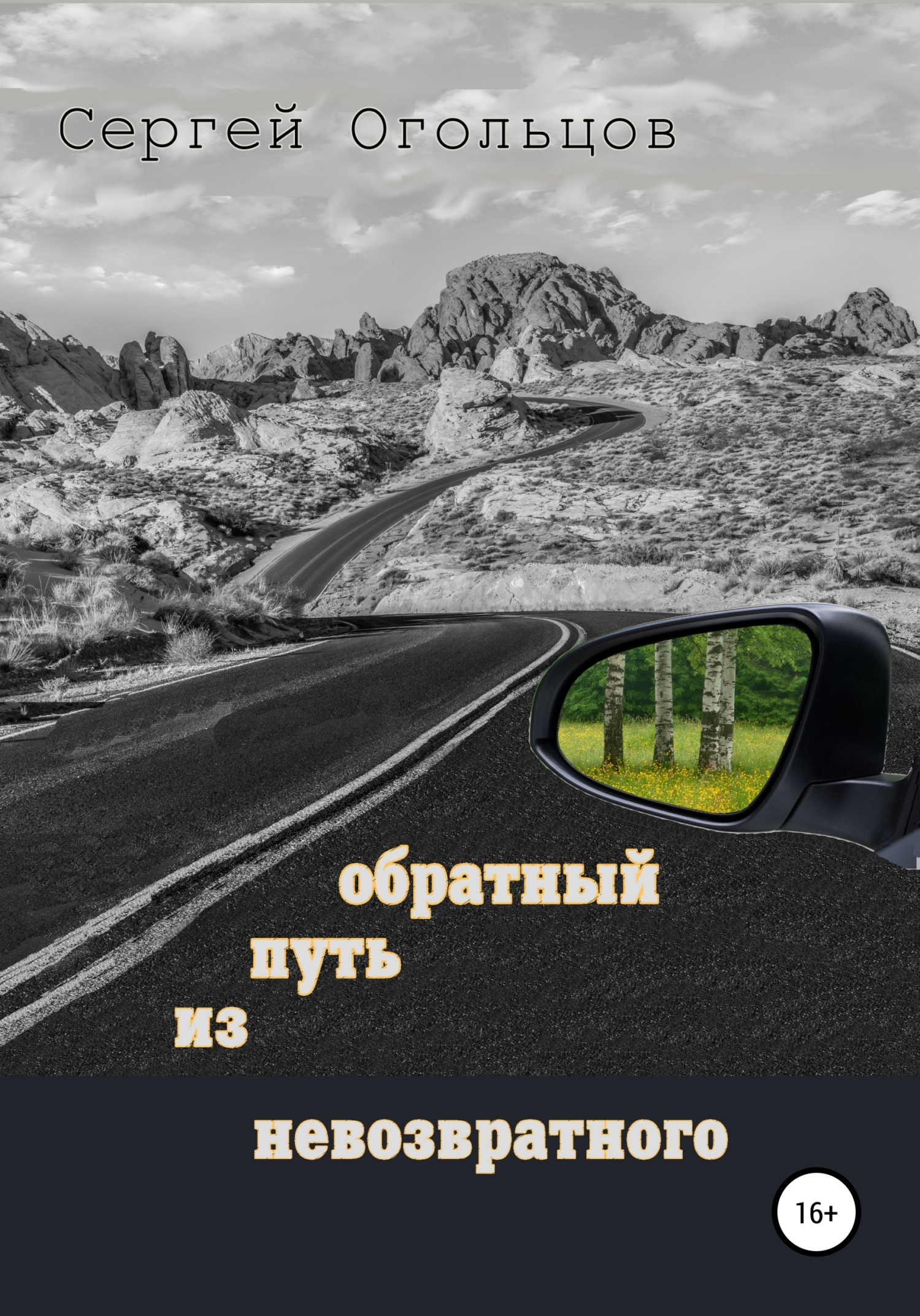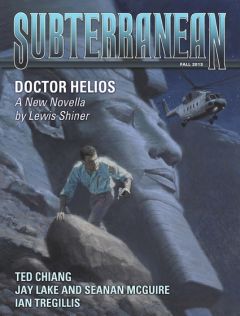just a tool, an operation-end man executing his orders. The time and Experimentalism were the decision-making bodies…
Besides, another 100-apartment block was finished in summer. A bricklayer from our team, named Nina, a fat woman with a hairy birthmark on her cheek, got an apartment in it. She entered SMP-615 a couple of months before the commissioning of the apartment block and, having received the apartment, quit the organization.
I went to the personnel department and asked Petukhov about my progress in the queue for improving my housing conditions. He answered I was number 35 in it.
That's ridiculous! 6 years before, I was 24th in the line!
He replied with calligraphic roundness: since those times 3 bosses replaced each other, and he, personally, was not around when I got a job at SMP-615, so now my place in the list was thirty-fifth and no other data to refer to…
Fare thee well, my beloved construction train! Farewell, our team! I won't set on fire our trailer, even though my guitar, brought for celebrating Grynya's birthday, the next morning was not there…
~ ~ ~
When the last entry in the workbook ran "on strength of Article", you became a sort of blacklisted – no organization had any job for you. However, in Konotop there was an enterprise not overly afraid of outcasts, "Rags" was the name of the brave company, aka recycling factory.
On the strength of my basic specialty, they gave me the job of a workman at the overhaul unit. All of the overhaul consisted of 3 workmen, but we did not do any major repair, neither any repair at all for that matter. We sat in the room, idling the time and occasionally went out into the yard of the factory full of stacks of modern recycling equipment brought there a year or, maybe, 2 before and protected from the weather vagaries by a giant all-embracing cover of black roofing felt, because the building for the equipment had not been finished yet. The factory itself huddled in a pair of barrack-like structures, offspring from the era of the first five-year plans, plus a couple of huge arched Quonset Huts made of corrugated white tin, and several various huts and sheds leaning against the wall around the factory grounds.
But at the very beginning of my overhaul career, I was not bored with all that bleakness because they sent me on a business trip to the city of Kiev… The then Secretary of the Central Committee of the Communist Party of the Ukrainian Soviet Socialist Republic, Comrade Shcherbitsky, was going to visit the Kiev Recycling Factory to share his valuable instructions on the development of so important a branch in the national economy. As a result, the recycling factories from all over the Soviet Socialist Republic of Ukraine started sending their workmen to Kiev to spit and polish the metropolitan recycling enterprise in preparation for the high-ranking visit.
When I arrived to make my contribution, the metal structures in the shop floors of the factory had been paint-coated for the fourth time already, and the factory yard freshly covered with the third layer of asphalt… They were the farewell days of golden autumn, the sun smiled affectionately from the calm sky, but the sight of the small Fir trees in stone pots, like, to decorate the courtyard called for the blues to set in. The insufficient capacity of the pots would not allow for the trees to grow, they were condemned to perish unavoidably after the pompous visit…
Before leaving for the business trip, I went to the Konotop Department Store to buy a sports-bag for keeping personal necessities. As it turned out, there was a fit of shortage for such bags and I had to buy a smaller, though practical, one instead. However, if you observed closely enough, it was, like, a female goods item. Might I've been a pervert after all?.
For the stay in Kiev, I was billeted at a boarding house near the "Pipe", on the very bank of the Dnieper river. Before the war, there was a plan to cross the Dnieper at that place by a metro line. They even managed to build a stop of reinforced concrete, which looked like a giant pipe indeed, with the diameter as tall as a two-story house. Later, the circumstances and plans got changed and the "Pipe" was covered with all sorts of "here were Osya and Kisa" and the like historical stamps.
The boarding house was a long one-story timber structure with pencil-box rooms, like in the hostels, only the windows were wider. In the mornings I went out on the sandy bank of the mighty stream to do exercises among the bushes. To watch the Dnieper from so a-near was not like taking looks from a local train flying over it along the bridge. The oceanic mass of water rolling before your eyes was simply stunning.
…and so without a stop day after day… one-two… millennium upon millennium… three-four… bend left… bend right…
In the room, besides me, there lived a blond fella from Southern Ukraine with a graphical story of how he was stabbed on the beach. The homie bros from the same neighborhood jabbed a knife in his stomach and he fell on his back. And then the precinct approached. The guys pretended playing cards, and they just threw an open newspaper over the knife handle sticking up from his stomach. The militiaman started asking about something, and the blond lay and looked, and couldn't squeeze a word out, and flies were landing and racing over the newspaper.
The guys, naturally, "Nah, we know nothing." When the precinct left they called the ambulance because he had not knocked on them…
There was almost no renovation work left to be done at the factory, and the business trippers were just sitting in the Red Corner room, where the young and bearded artist, a local hombre, wrote out the letters of one and the same slogan, day after day, on one and the same long strip of red fabric spread



